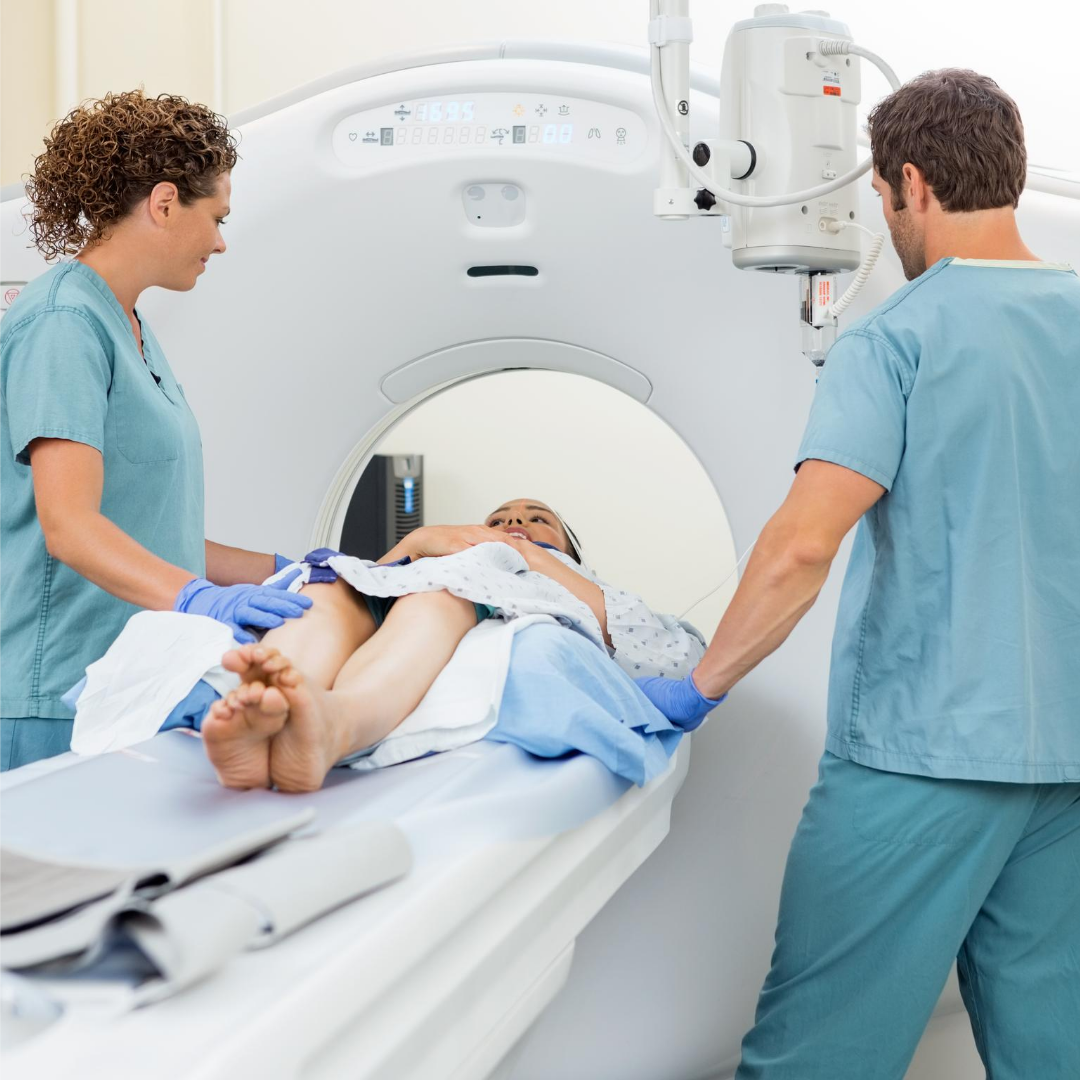Basic Facts:
- Cardiac computed tomography (CT) for Calcium Scoring uses special x-ray equipment to measure the amount of calcium built up in the wall of the coronary arteries, the vessels that provide blood supply to the heart muscle. The general principle is that higher calcium levels in the walls of the vessels is associated with more blockages on the inside of those vessels. No IV contrast or dye is needed for this procedure.
- A coronary CT angiogram is mainly used to check for narrowed or blocked arteries in your heart (coronary artery disease). However, your doctor can use it to check your heart for other conditions. It provides similar information as a cardiac catherization, but it is considered non-invasive. Dye (contrast) is injected into an IV in the arm and a CT scanner is used to take detailed images of the heart, especially the coronary arteries.

